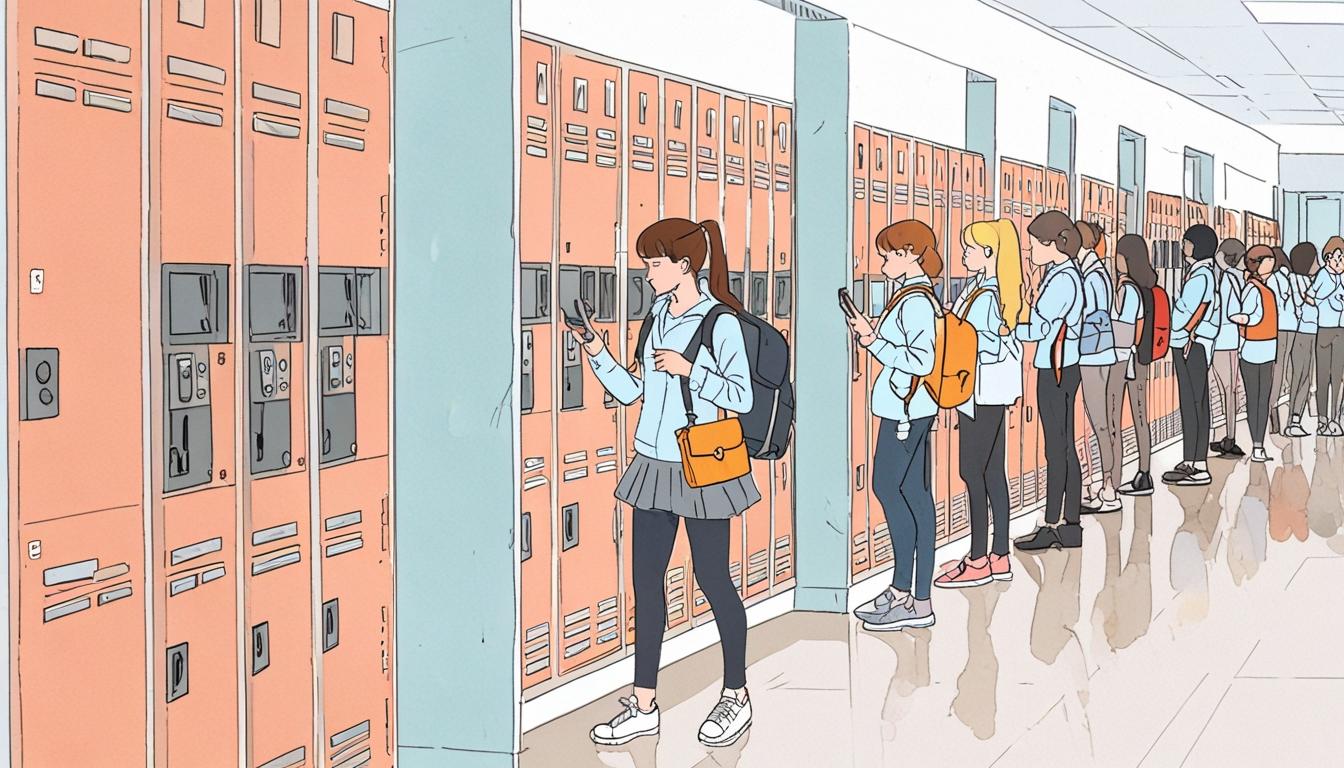The National Education Union (NEU) has proposed a legal ban on mobile phones in schools, with its General Secretary, Daniel Kebede, expressing that it would alleviate pressures from school leaders and educators. Speaking to the Mirror, Kebede stated, "My personal view is I would support a statutory ban on mobile phones in schools." He highlighted the concerning accessibility of unsuitable content for young students, mentioning, "The average 12-year-old has access to the most hardcore pornography on their mobile phone," which he indicated could negatively impact their perceptions of relationships and wellbeing.
The issue comes in the wake of a survey indicating that a significant majority of schools in England already restrict mobile phone usage, with 90% of secondary schools and 99.8% of primary schools implementing policies that limit phone access during school hours. These policies range from completely banning phones on school grounds to requiring students to secure them in designated locations. The guidance given to schools by the previous Conservative government in February 2024 is non-statutory, suggesting only that schools prohibit phone use during lessons and break times.
Dame Rachel de Souza, the Children's Commissioner for England, expressed her support for headteachers who choose to impose mobile phone bans, reiterating that such decisions should be based on the individual needs of their students rather than dictated by national policy.
In response to this issue, Prime Minister Keir Starmer previously argued in the House of Commons that a legal ban is "completely unnecessary," citing that most schools already have measures in place. He emphasised the importance of addressing content accessibility that may be harmful to children, suggesting a collaborative approach to finding solutions.
Adding to the challenges facing schools, a separate survey conducted by the Sutton Trust has revealed alarming trends regarding staffing in educational institutions. The report, based on responses from 1,208 senior leaders and teachers, found that over half of secondary school leaders, specifically 51%, reported making cuts to teaching staff, up from 38% the previous year. This financial strain has forced many schools to utilise the pupil premium funding—intended for disadvantaged students—to compensate for budget shortfalls, a move that has raised concerns about adequately supporting those who need it the most.
Nick Harrison, CEO of the Sutton Trust, commented on the issues facing state schools, stating, "State schools are overwhelmed with financial pressures, and many are rapidly heading towards breaking point." He noted that almost half of secondary school leaders confided that they were using funds meant for poorer pupils to fill budget gaps, further underscoring the critical state of educational funding and support for disadvantaged students.
In conclusion, the discussions around mobile phone bans in schools and the cutting back on teaching staff reflect broader challenges within the UK's education system, hinting at a need for careful consideration of policy and resource allocation to better support educational outcomes for all students.
Source: Noah Wire Services
